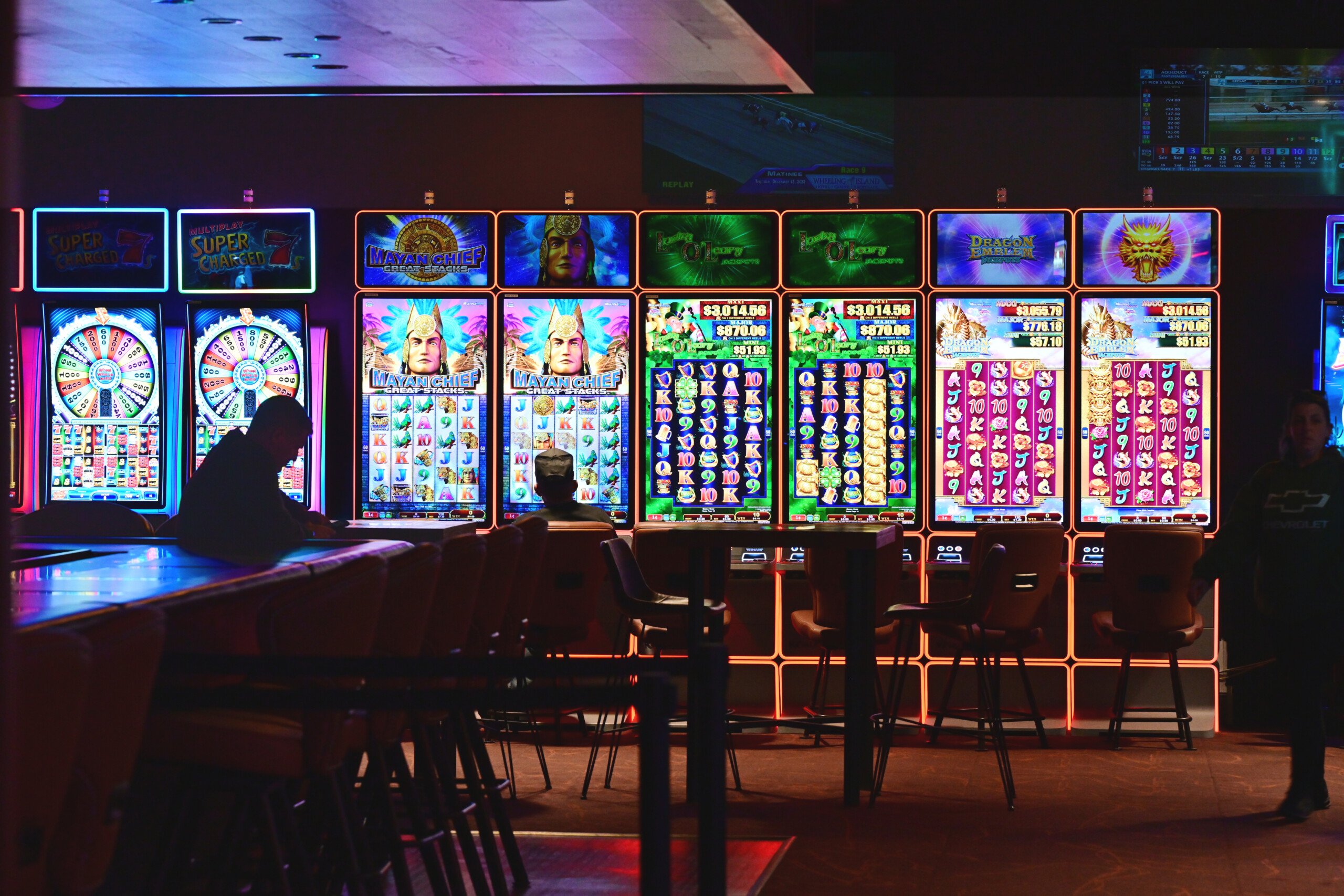The fascinating Progression of Casino Activities Over the Years
Gambling games have captivated players for centuries, progressing from simple pastimes to sophisticated forms of entertainment that combine chance, skill, and entertainment. rajacabe88 From the early beginnings of gambling in civilizations such as the ancient societies of Mesopotamia and Rome to the glitzy corridors of modern casinos, the journey of these games shows much about the human experience and our relationship with chance. As cultures have merged and technology has advanced, casino games have evolved, illustrating the changes in society and developments in gameplay.
The earliest forms of gambling likely included simple dice-based games and placing bets on the outcomes of sports competitions. As time passed, these early games grew into better-organized games like card games, the game of roulette, and the variety of slot machines that line the premises of casinos today. Each era brought its unique rules, design elements, and sociocultural significance. At present, casino games continue to evolve with the rise of internet-based platforms, enabling players from everywhere to participate in a common experience, further fusing the traditional with the age of technology.
Initial Origins of Casino Games
Casino games have foundations that extend back to ancient societies, where betting was profoundly integrated in social traditions and cultural customs. The initial known instances of betting appeared in ancient Mesopotamia around 3000 BC, featuring basic dice activities made from bone material. These early activities laid the basis for more advanced gambling games, demonstrating human beings' natural desire to pursue wealth and entertainment through chance.

As civilizations evolved, so did their gambling interests. In ancient China, around two thousand three hundred BC, objects were found that were similar to primitive rudimentary forms of a lottery game. More structured instances of gambling developed in the ancient Roman civilization, where games of luck were a popular recreation, often occurring in community gatherings. The ancient Romans developed multiple wagering activities, which composed dice and table activities, illustrating the pervasive nature of gambling across different economic classes.
With the flow of ages, these early games influenced the development of contemporary casino games. In the medieval period, playing card games grew prevalent in European culture, paving the way for the professional gambling establishments we know today. The change from casual gambling to formal gambling in pubs and private homes marked a significant change in how people engaged with activities of luck, leading to the eventual creation of gaming houses as dedicated places for gambling.
The Emergence of Modern Gambling Industry
The late 20th century marked a significant change in the world of gaming, fueled by technological progress and shifts in cultural attitudes towards gambling. The introduction of personal computers and the World Wide Web revolutionized the way gamblers interacted with their beloved games. Online casinos emerged, enabling gamers to enjoy timeless casino classics like poker and blackjack from the convenience of their own homes. This new digital landscape not only expanded availability to gambling options but also attracted a younger audience who found the convenience and diversity tempting.
As digital gambling gained traction, so did innovations in casino tech. The creation of advanced software and graphics changed conventional gambling games into captivating adventures. Players could now interact with live dealers through real-time broadcasts, bringing the feel of physical casinos directly into their living rooms. This fusion of live gaming with online platforms created a novel combination that elevated the social aspect of playing, allowing it possible for people to connect and challenge with others around the planet.
Additionally, the growth of gaming on mobile devices dramatically changed the casino landscape. With the widespread use of mobile phones and tablets, players can access their favorite casino games at any location, whenever. Mobile applications offer a wide selection of options customized for mobile screens, catering to the dynamic lifestyle of modern users. This easy access has produced increased involvement in casino games, fostering the surge of the gambling sector. As a result, the prospects of gambling continues to progress, adjusting to technological advancements and shifting player expectations.
The Impact of Technology on Casino Games
Technology's advancement has greatly changed casino games, enhancing the overall experience for players for gamblers globally. With the introduction of the internet, online casinos were created, allowing players to play their preferred games from the comfort of their homes. This shift not only made casino games more available but also increased the variety of games available, as online platforms could host numerous variations of traditional games without the limitations of brick-and-mortar establishments.
Mobile technology further revolutionized the casino gaming landscape. As smartphones and tablets became widespread, players now have the ability to play casino games whenever and wherever they want. This mobility has resulted in the development of dedicated mobile applications and optimized websites that provide seamless gaming experiences. Additionally, innovations such as live dealer games have delivered the authentic atmosphere of a casino into players' homes, connecting between physical and online gaming.
Furthermore, advancements in artificial intelligence and virtual reality are paving the way for the next generation of casino games. AI enhances game design and player interaction, creating tailored experiences based on user behavior and preferences. Meanwhile, virtual reality provides immersive environments where players can interact in a simulated casino setting, making the gaming experience more engaging and lifelike. As technology continues to evolve, the future of casino games seems bright, filled with endless possibilities for innovation and entertainment.
